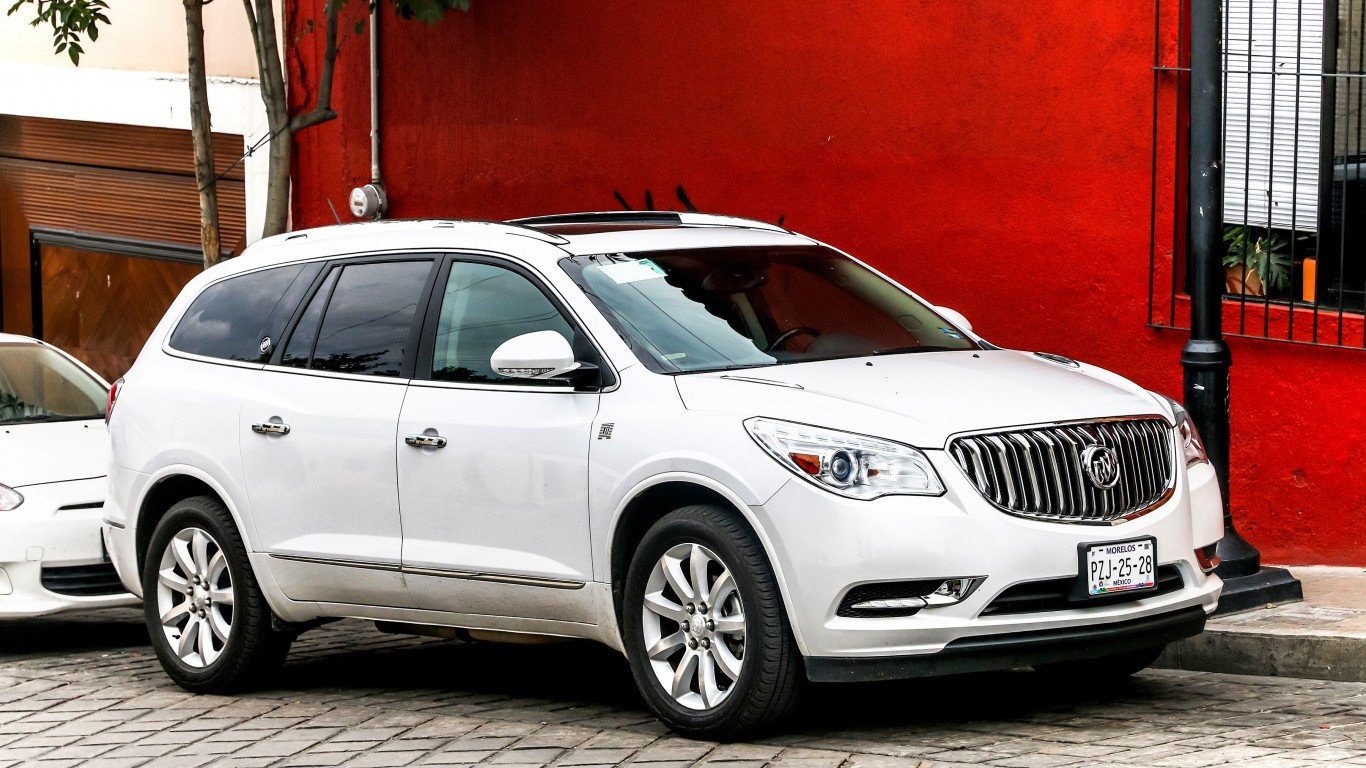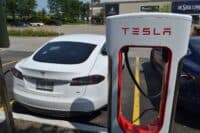 As far as anyone can prove, Henry Ford and Alfred Sloan were not members of the Communist Party. Neither one of them was asked to testify before the House Committee on Un-American Activities. No one has ever even hinted that either of them ever met Senator Joseph McCarthy.
As far as anyone can prove, Henry Ford and Alfred Sloan were not members of the Communist Party. Neither one of them was asked to testify before the House Committee on Un-American Activities. No one has ever even hinted that either of them ever met Senator Joseph McCarthy.
Left alone, Detroit did fairly well. With the exception of being converted into the world’s largest arms manufacturing apparatus during WWII, and a loan given to Chrysler in 1978 and paid back by Lee Iacocca, the federal government has not given a financial aid package to the auto industry. This relationship has been a one way street for decades. Congress mandates safety features and emissions standards. Detroit spends hundreds of millions of dollars complying. The $5 billion (or $10 billion) loan that GM (GM) is asking from the Fed to help it finance a buyout of Chrysler might be seen as a payback for all those years of regulation. However, the overarching stupidity of the management of The Big Three must be acknowledged as well.
Those who are lobbying the federal government to write a large check to GM are primarily Michigan Congressmen led by John Dingell, the Methuselah of the House who has served his district since 1955. He owes his longevity in large part to his ability to bring home the bacon from Washington for the car companies. A bailout would be the crowning achievement of his life and he could go to his grave with a number of schools in and around Detroit bearing his name.
The argument for a bailout of the car industry is perverse in its simplicity. Since the government plans to aid banks with hundreds of billions of dollars, why shouldn’t automobile manufacturers have financial support as well? Banking is viewed as "strategic" to the US economy. In other words, it is at the core of what makes the US system of commerce viable. Detroit would posit that, as one of the largest employers in the country and as an anchor of the American manufacturing system, it should enjoy the same status.
The other part of the argument for providing capital to the auto industry is only whispered, but it is as important as any other. Large businesses ruined by longstanding poor stewardship cannot be disqualified for financial aid if they fall under the rubric of "too big to fail."
The car industry’s logic has the power of being simple to the extent that it hides its own flaws. Banks, insurance companies, and brokers made remarkably poor decisions by hitching their fortunes to financial derivatives, particularly those tied to mortgages. But, in the case of the credit system, the failure was global and could not be addressed by allowing the American system to crater and leave the vacuum to be filled by healthy operators abroad. The results of poor judgment n the management of banks pervaded the global system and once the poison was in the blood it moved everywhere.
The American automotive industry is in an entirely different situation. It made a series of decisions that led to its reliance on large and extremely profitable SUVs and pick-up trucks. The US car makers did not hedge their bets as almost all Japanese and most European firms did. The model line-ups had remarkably few light, fuel-efficient cars. Even though the downturn in the American car market has hurt almost every company in the industry, most outside the US are still healthy. Toyota (TM) and VW are now probably the most powerful auto manufacturers in the world. Another dozen, including Honda, Renault, BMW, and Nissan, will be pinched in the recession but will not be put out of business.
The US car companies have no reasonable argument that the American economy needs them to remain independent for the commerce system to work well. They cannot make the case that they are part of a global industry which is on the verge of collapse. The problems of Detroit are specific to Detroit. The disease of bad management did not spread outside the US in this industry.
If any or all of The Big Three are merged out of existence or bought by overseas competitors , the normal course of consolidation will have gone on its evolutionary way, uninterrupted by meddling from the government.
Douglas A. McIntyre
Take This Retirement Quiz To Get Matched With An Advisor Now (Sponsored)
Are you ready for retirement? Planning for retirement can be overwhelming, that’s why it could be a good idea to speak to a fiduciary financial advisor about your goals today.
Start by taking this retirement quiz right here from SmartAsset that will match you with up to 3 financial advisors that serve your area and beyond in 5 minutes. Smart Asset is now matching over 50,000 people a month.
Click here now to get started.
Thank you for reading! Have some feedback for us?
Contact the 24/7 Wall St. editorial team.



